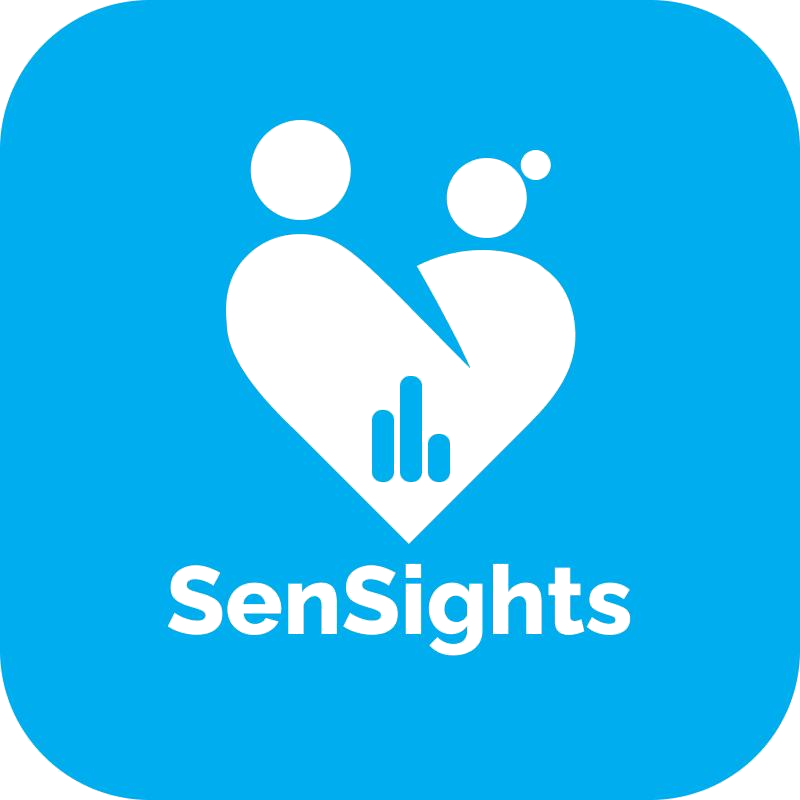Image Credit: Canva
Introduction
Congestive Heart Failure (CHF) is a chronic condition that affects millions of people worldwide. It is a condition where the heart becomes weak and unable to pump blood efficiently, leading to fluid buildup in various parts of the body. The management of CHF is crucial in improving patients’ quality of life and reducing hospitalizations. In recent years, telehealth solutions have emerged as valuable tools in the management of CHF, providing remote monitoring, timely interventions, and improved patient outcomes. This blog will explore the effectiveness of telehealth solutions in managing CHF and their benefits for patients.
- Remote Monitoring
One of the key advantages of telehealth solutions in CHF management is the ability to remotely monitor patients’ vital signs and symptoms. Through wearable devices, such as smartwatches or wireless sensors, healthcare providers can track important parameters like heart rate, blood pressure, oxygen levels, and weight fluctuations. This continuous monitoring allows for early detection of any deterioration in the patient’s condition, enabling prompt intervention and preventing serious complications. By providing real-time data to healthcare professionals, telehealth solutions help in personalized care and timely adjustments to treatment plans.
- Improved Patient Engagement and Education
Telehealth solutions promote active patient engagement and education, empowering individuals to take control of their condition. Through telemedicine platforms, patients can access educational resources, receive personalized care plans, and communicate with healthcare providers remotely. This accessibility enhances patients’ understanding of their condition, medication management, and lifestyle modifications. Regular virtual consultations with healthcare professionals also provide an opportunity for patients to ask questions, clarify doubts, and actively participate in their treatment decisions. By fostering patient empowerment and education, telehealth solutions contribute to better self-management of CHF.
- Timely Interventions and Preventive Care
Telehealth solutions enable early identification of changes in patients’ health status, facilitating timely interventions and preventive care. Through remote monitoring, healthcare providers can identify warning signs of worsening symptoms or fluid retention before they become severe. This allows for adjustments in medication dosages, dietary recommendations, or lifestyle modifications to be made promptly. Additionally, telehealth platforms facilitate medication adherence reminders, encouraging patients to follow their prescribed regimen consistently. By intervening early and providing preventive care, telehealth solutions help in minimizing hospital admissions and reducing healthcare costs associated with CHF management.
- Enhanced Care Coordination
CHF management often involves a multidisciplinary approach with various healthcare providers working together. Telehealth solutions streamline care coordination by facilitating seamless communication and data sharing among different professionals involved in a patient’s care. Through secure messaging systems and electronic health record integration, physicians, nurses, dietitians, and pharmacists can collaborate effectively, ensuring consistent and comprehensive care for CHF patients. This coordinated approach improves treatment outcomes and reduces the risk of fragmented care.
- Convenience and Accessibility
Telehealth solutions offer convenience and accessibility, particularly for patients who face challenges in accessing healthcare services. For individuals living in remote areas or those with mobility limitations, telehealth eliminates the need for frequent travel to hospitals or clinics. Virtual consultations allow patients to receive expert medical advice and monitoring from the comfort of their homes. This convenience not only saves time and travel costs but also ensures regular follow-up care, leading to better disease management and improved patient satisfaction.
Conclusion
In conclusion, telehealth solutions have transformed the management of Congestive Heart Failure (CHF) by enabling remote monitoring, enhancing patient education, facilitating timely interventions, improving care coordination, and increasing accessibility to healthcare services. These advancements contribute to better outcomes, reduced hospitalizations, and an improved quality of life for CHF patients. Telehealth continues to hold great potential in revolutionizing CHF management and healthcare delivery as a whole.
SenSights is a Remote Patient Monitoring and Ageing Solution that aids seniors and healthcare facilities that work with elders who have chronic disorders such as dementia, Alzheimer’s, high blood pressure, falls, COPD, long COVID, and others.
The solution assists at-risk providers, skilled nursing facilities, long-term living communities, home health care providers, and other senior care entities in increasing their capacity by supplementing physical visits with virtual care, preventing wandering and fall episodes, and providing proactive monitoring, risk profiles, and smart alerts via our SenSights Care app.
Clear MD is one of our innovative technologies that helps doctors and patients by summarizing conversations and giving thorough notes and reports. This saves doctors time and effort, allowing them to free up resources and provide a greater level of treatment.
Contact us HERE to learn more about SenSight.Ai and Clear MD!

